News and features
Read the latest news and features about our world-leading research, discoveries, fundraising and philanthropy. If you want to keep updated on our news, you can follow us on social media or sign up for our Search newsletter.
If you’re a journalist and want to find out more, you can contact our media relations team.

Biological markers identified as powerful predictors of prostate cancer relapse following radiotherapy
Two key proteins linked to cell division can reliably predict disease recurrence in prostate cancer after radiotherapy treatment, according to new research.

Cancer cells set to be launched into space for microgravity experiment on the International Space Station
A pioneering UK research project to study the three-dimensional spread of cancer cells in microgravity is set to take place on the International Space Station.
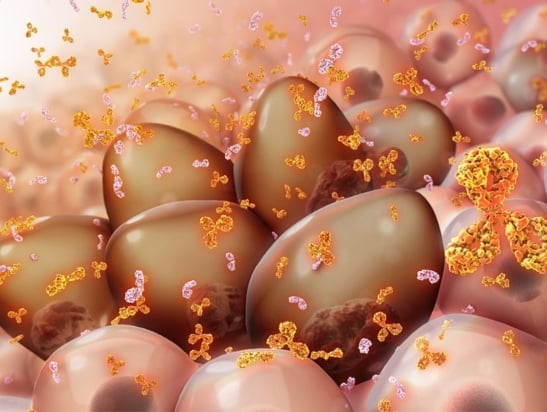
Genetic test can guide treatment for blood cancer to help prevent relapse
Scientists have found a new way to predict which patients with the blood cancer myeloma will benefit the most from a treatment often used to help keep the disease from coming back after a bone marrow transplant.
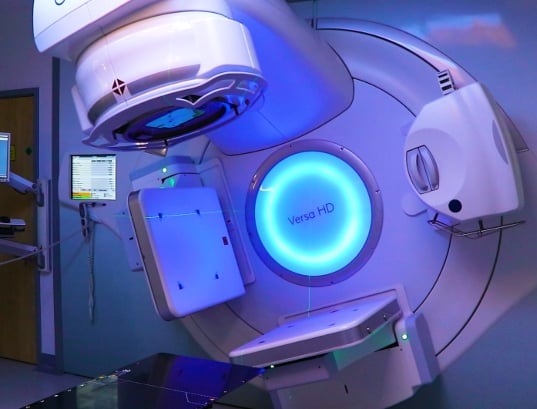
New scan measures tumour oxygen levels in real-time to help guide treatment
Imaging researchers have taken a major step towards their ultimate goal of identifying cancers that are starved of oxygen so that altered treatment can be used to target them more effectively.
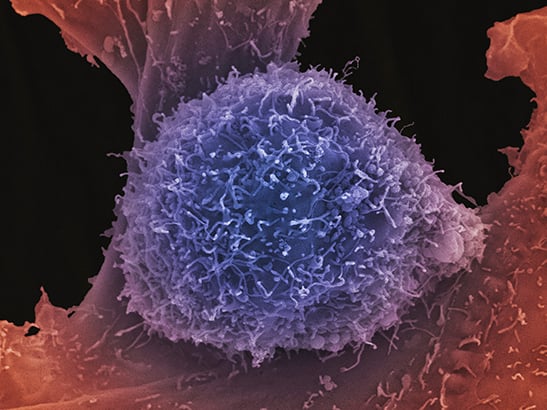
Over a decade of abiraterone: the drug that revolutionised advanced prostate cancer care
This Prostate Cancer Awareness Month, we’re celebrating over 10 years since abiraterone was first recommended by NICE in England as a treatment for advanced prostate cancer. We share the story of the drug’s discovery, how a landmark trial changed the way advanced prostate cancer is treated today, and what the drug has meant for patients who are currently treated with it.
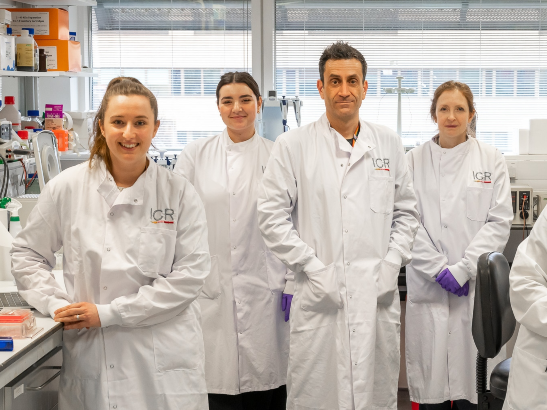
Charity funding could help establish new clinical trials for deadliest of all childhood cancers
The Institute of Cancer Research, London has been awarded £2.5 million by the charity Brain Tumour Research to help find new treatments and pave the way towards a cure for the childhood cancer high grade glioma, a type of brain tumour.
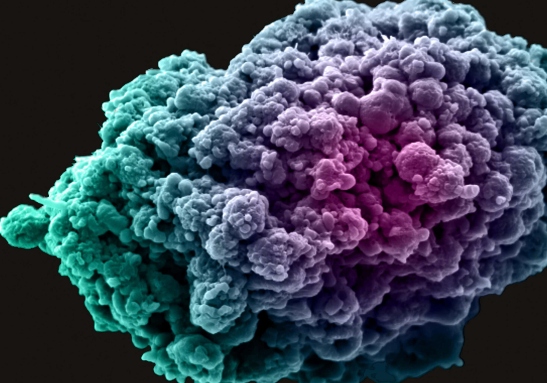
Scientists discover a new way to help prevent breast cancer ‘time bomb’
Scientists have discovered why breast cancer cells that have spread to the lungs may ‘wake up’ following years of sleep - forming incurable secondary tumours.
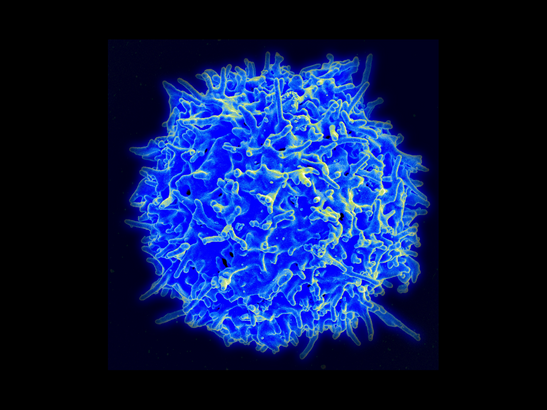
Algorithm offers new way to spot patients likely to respond to immunotherapy
Scientists have developed a new way of using cancers’ DNA to spot cancer patients who may benefit from immunotherapy.
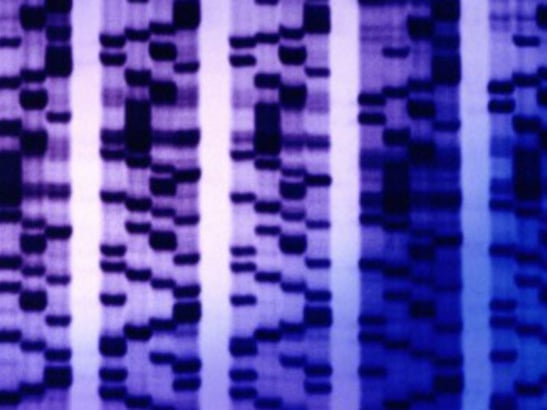
Gene test could guide use of cancer chemotherapy
A gene test already used routinely in the NHS can guide use of chemotherapy in people with bowel cancer by predicting whether or not they will benefit.
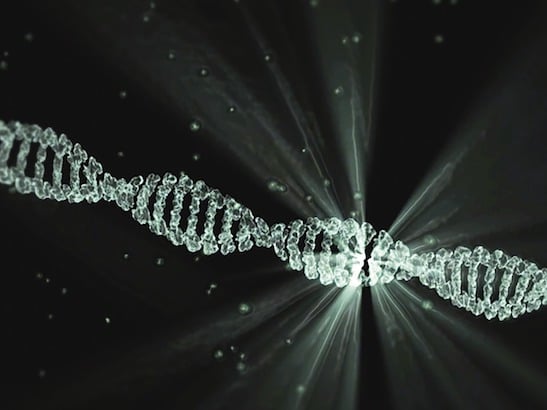
New study unveils epigenetic ‘traffic lights’ controlling stop and go for gene activity
A major new study in the journal Nature reveals a ‘traffic light’ mechanism controlling genetic activity within cells – a system which could potentially be targeted by cancer drugs already in development.

Expectations for population-wide gene testing need to be realistic, say researchers
Testing a population for multiple genes at once will always be limited in its ability to accurately predict disease risk, experts are warning.
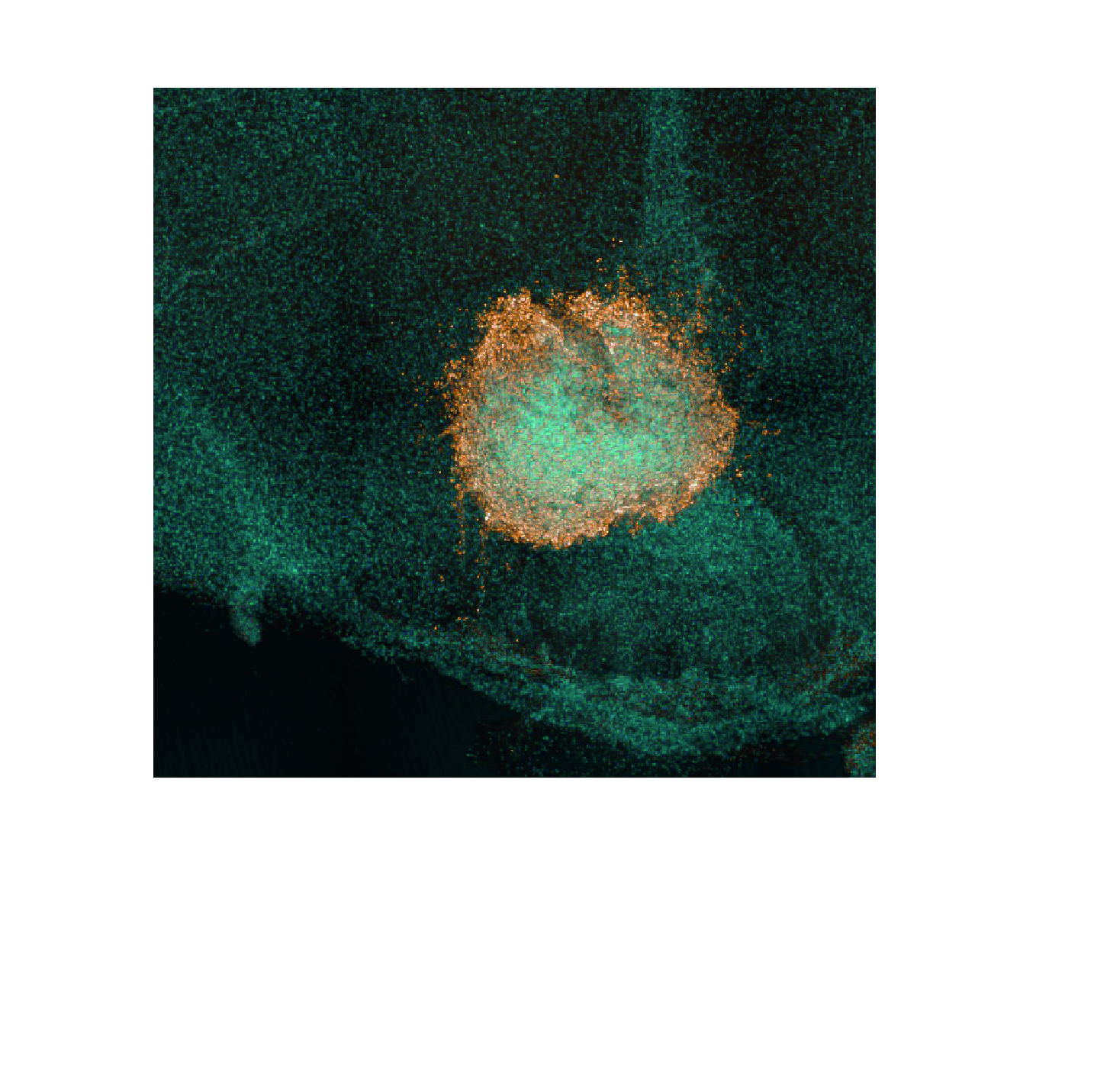
Scientists reveal how different cancer cells ‘team up’ to help incurable childhood brain tumour spread
Scientists have shed light on how different types of cancer cells in an aggressive childhood brain cancer interact and work together to spread.
